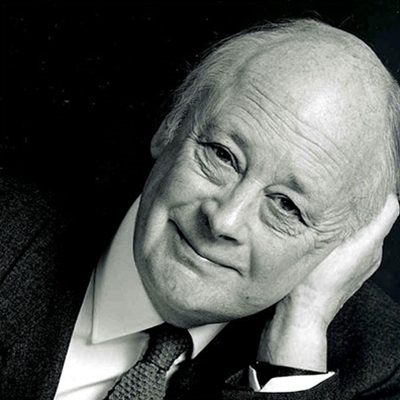To provide the best experiences, we use technologies like cookies to store and/or access device information. Consenting to these technologies will allow us to process data such as browsing behaviour or unique IDs on this site. Not consenting or withdrawing consent, may adversely affect certain features and functions.
The technical storage or access is strictly necessary for the legitimate purpose of enabling the use of a specific service explicitly requested by the subscriber or user, or for the sole purpose of carrying out the transmission of a communication over an electronic communications network.
The technical storage or access is necessary for the legitimate purpose of storing preferences that are not requested by the subscriber or user.
The technical storage or access that is used exclusively for statistical purposes.
The technical storage or access that is used exclusively for anonymous statistical purposes. Without a subpoena, voluntary compliance on the part of your Internet Service Provider, or additional records from a third party, information stored or retrieved for this purpose alone cannot usually be used to identify you.
The technical storage or access is required to create user profiles to send advertising, or to track the user on a website or across several websites for similar marketing purposes.
 A new report from UNESCO and University College London claims that relatively minor changes in the way large language models (LLMs) are built and used can reduce their energy consumption by up to 90 percent without compromising performance. The report highlights the growing energy demands of generative AI systems and calls for a shift in approach to make them more sustainable. According to UNESCO, the annual energy footprint of generative AI is already equivalent to that of a low-income country, and continues to rise. (more…)
A new report from UNESCO and University College London claims that relatively minor changes in the way large language models (LLMs) are built and used can reduce their energy consumption by up to 90 percent without compromising performance. The report highlights the growing energy demands of generative AI systems and calls for a shift in approach to make them more sustainable. According to UNESCO, the annual energy footprint of generative AI is already equivalent to that of a low-income country, and continues to rise. (more…)

































April 23, 2025
What kind of change leader do you want to be?
by Jennifer Bryan • Business, Comment, JB